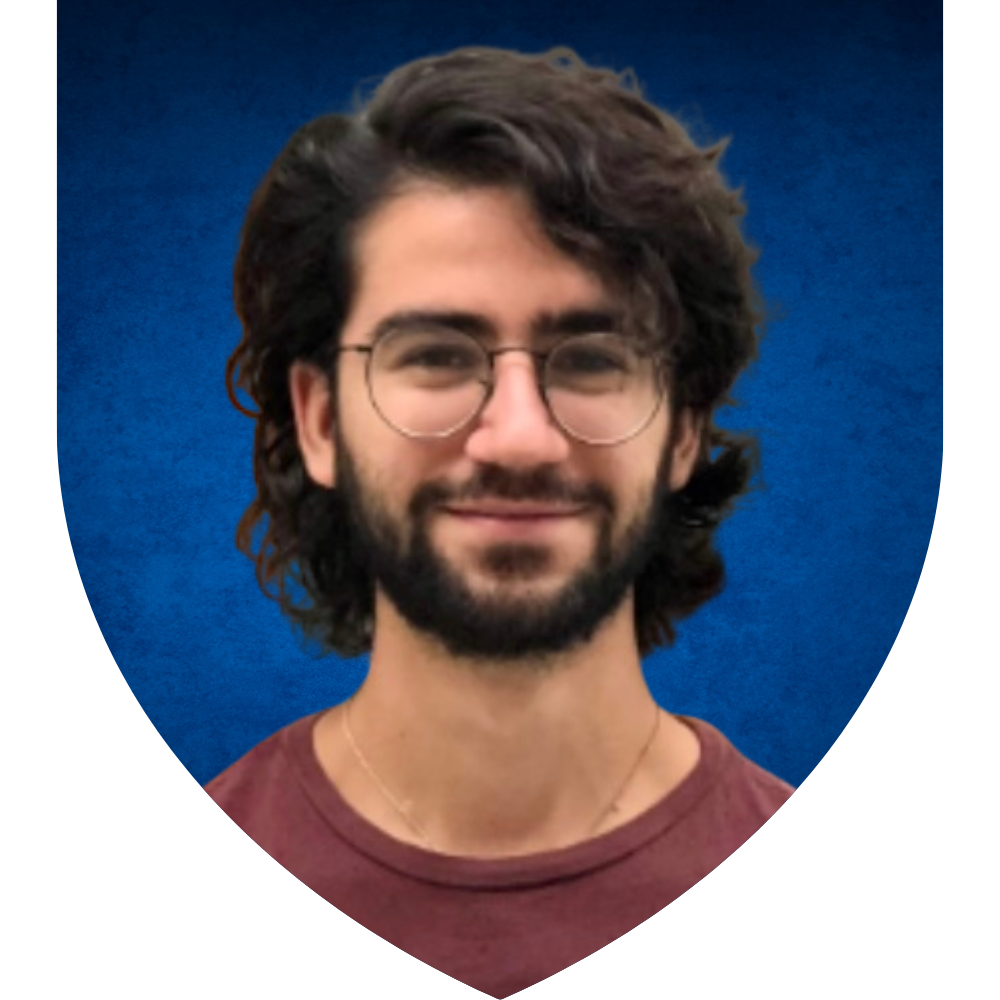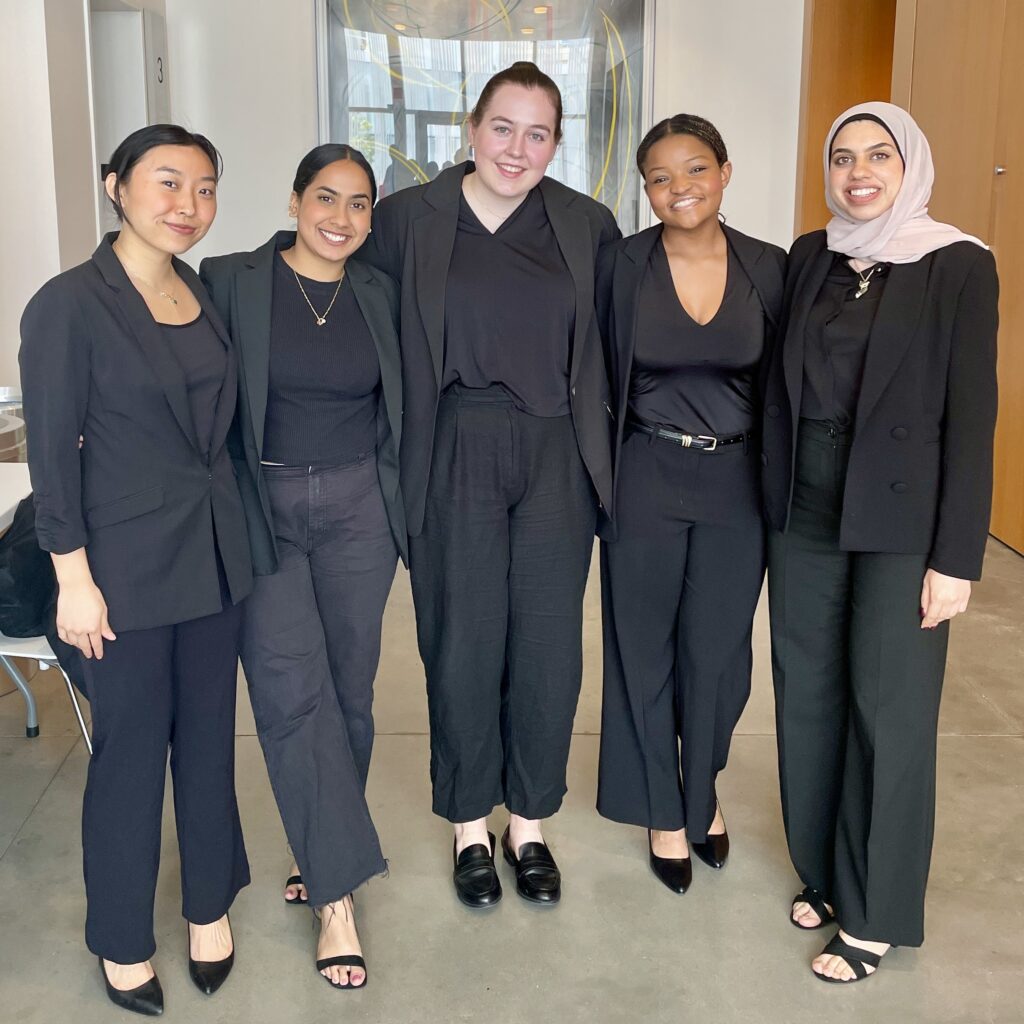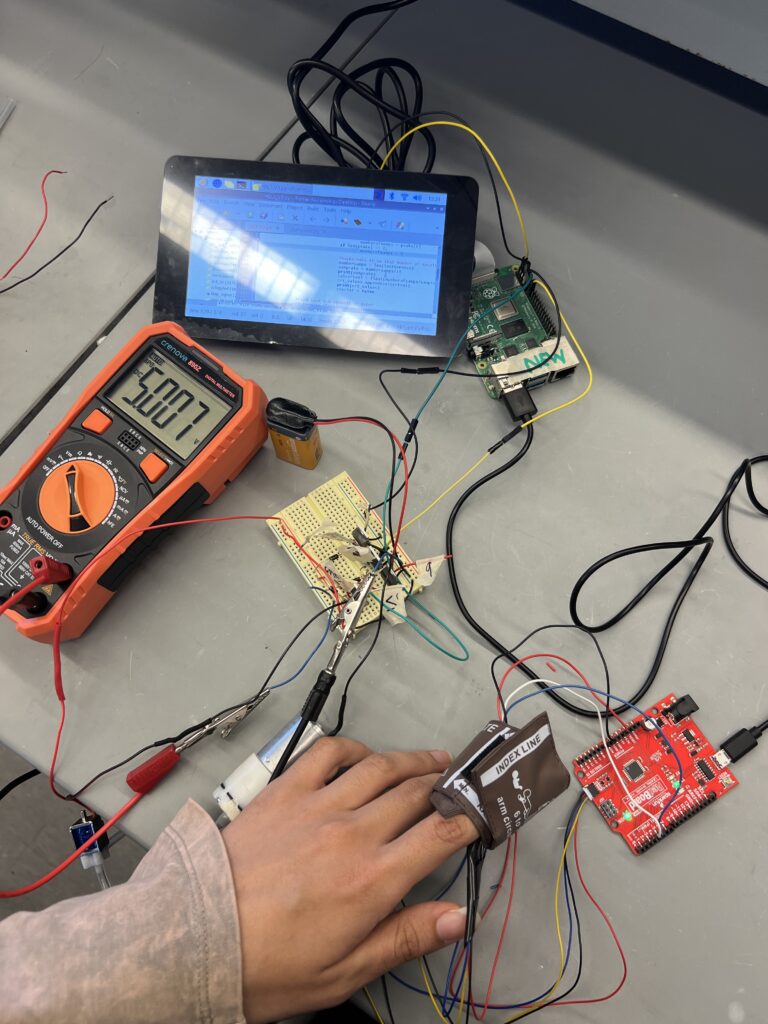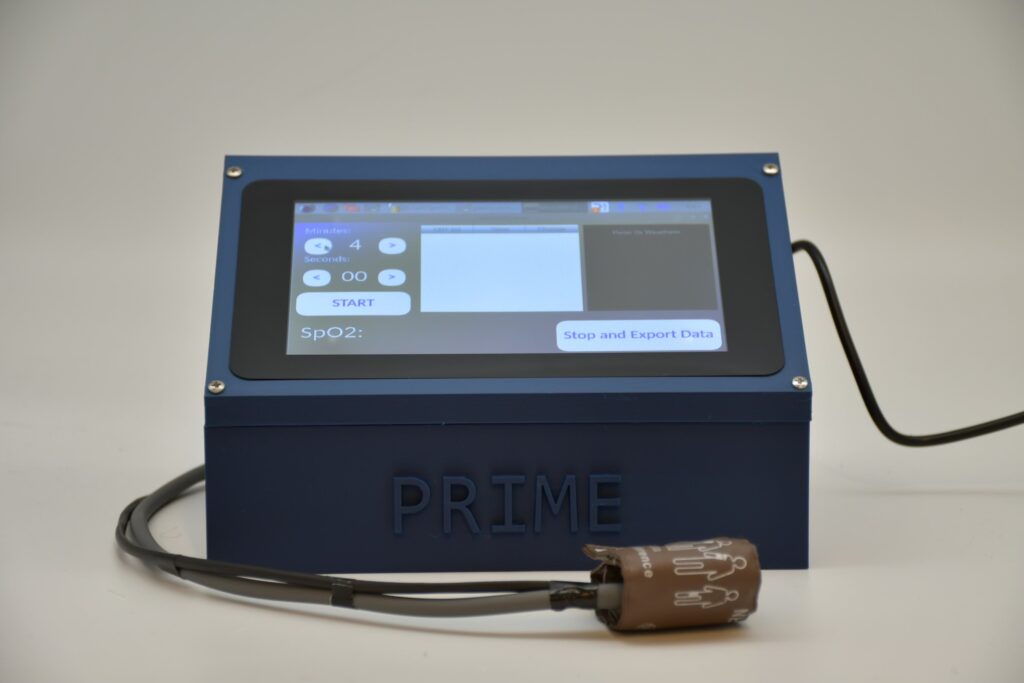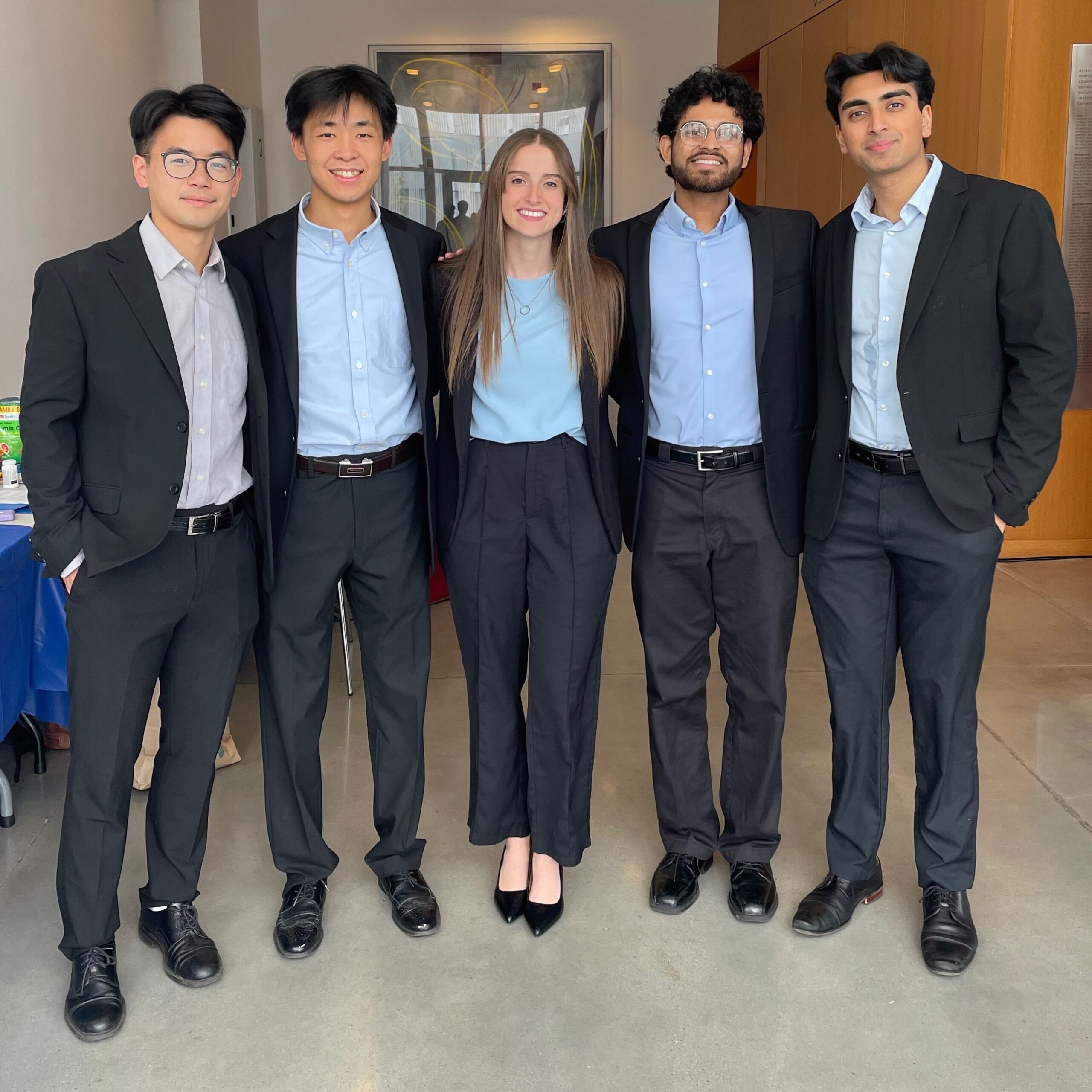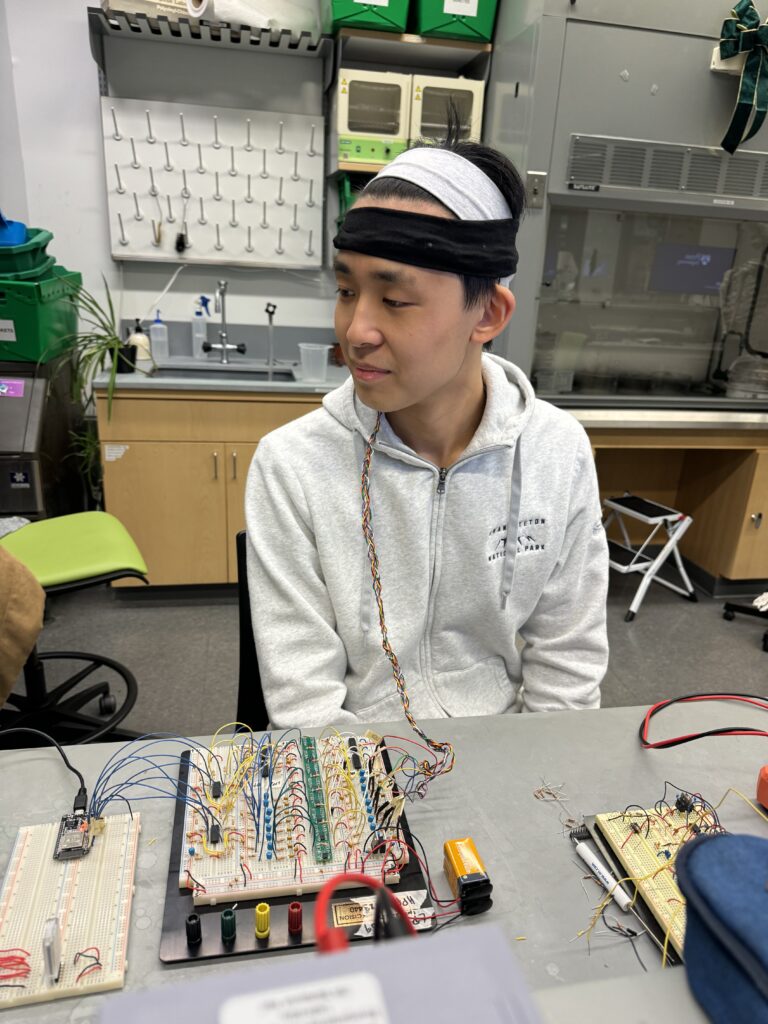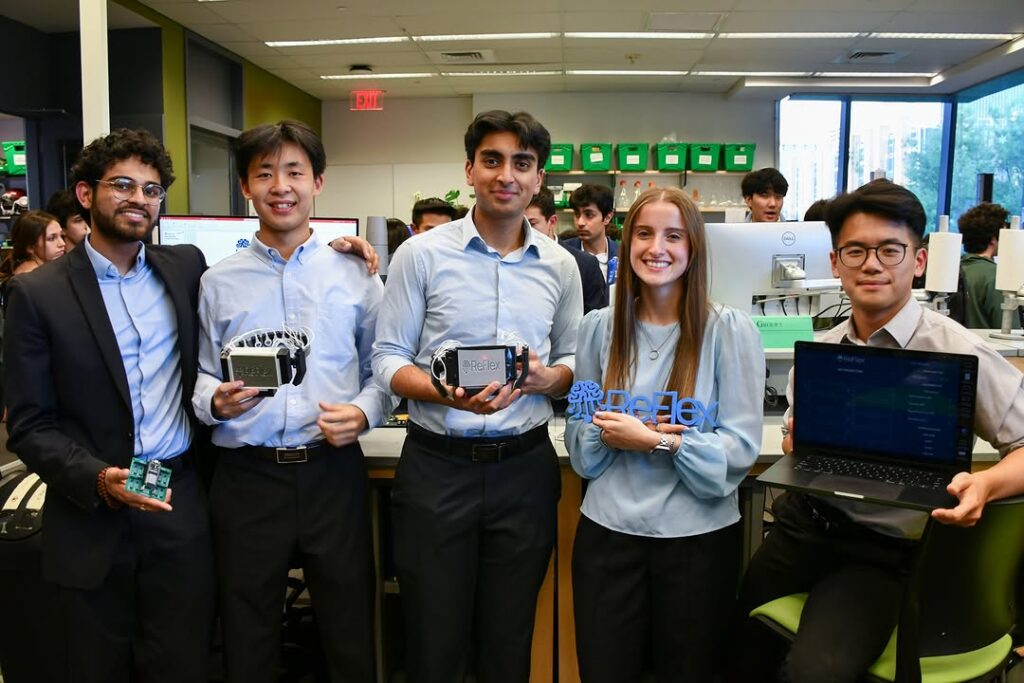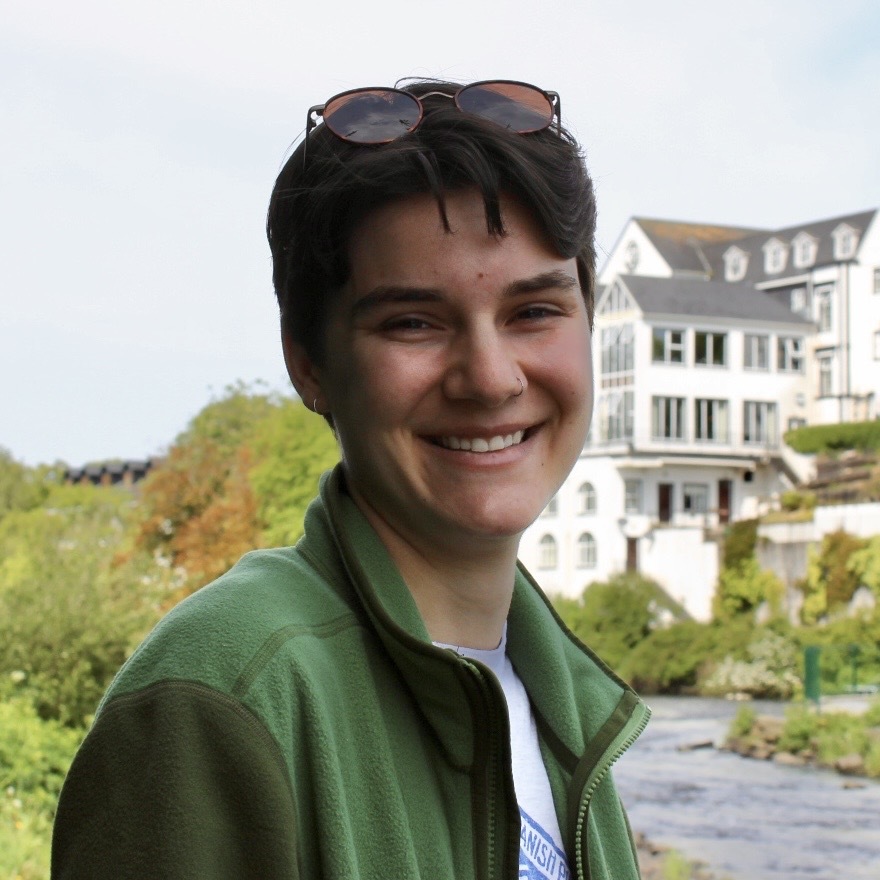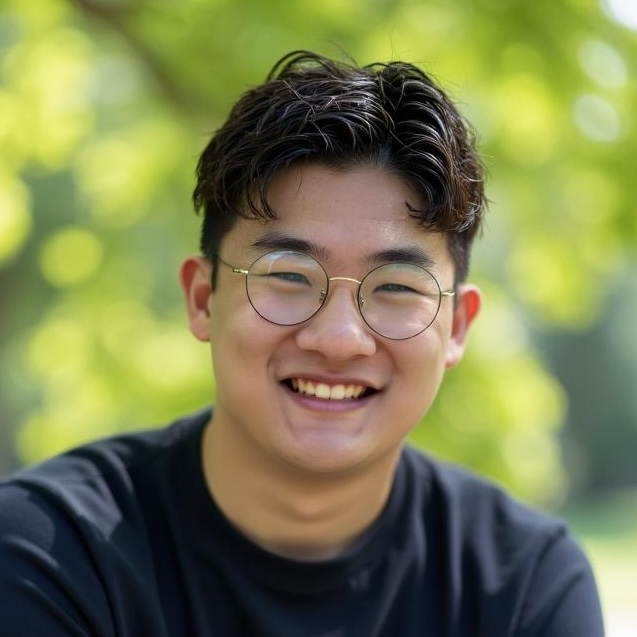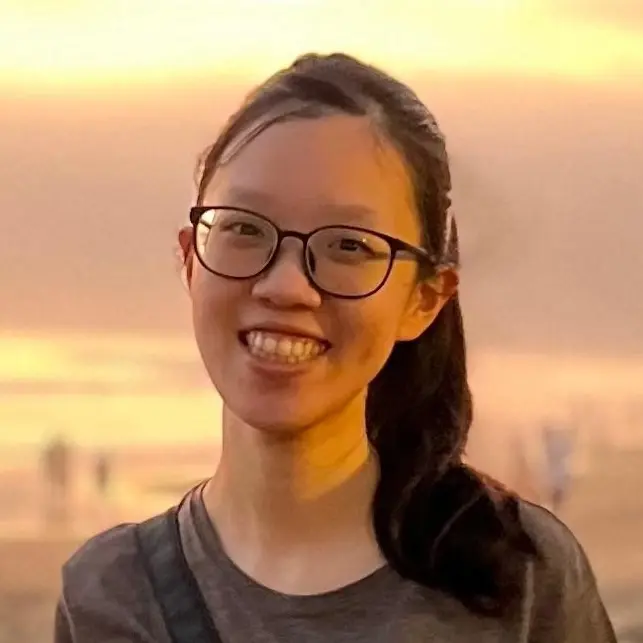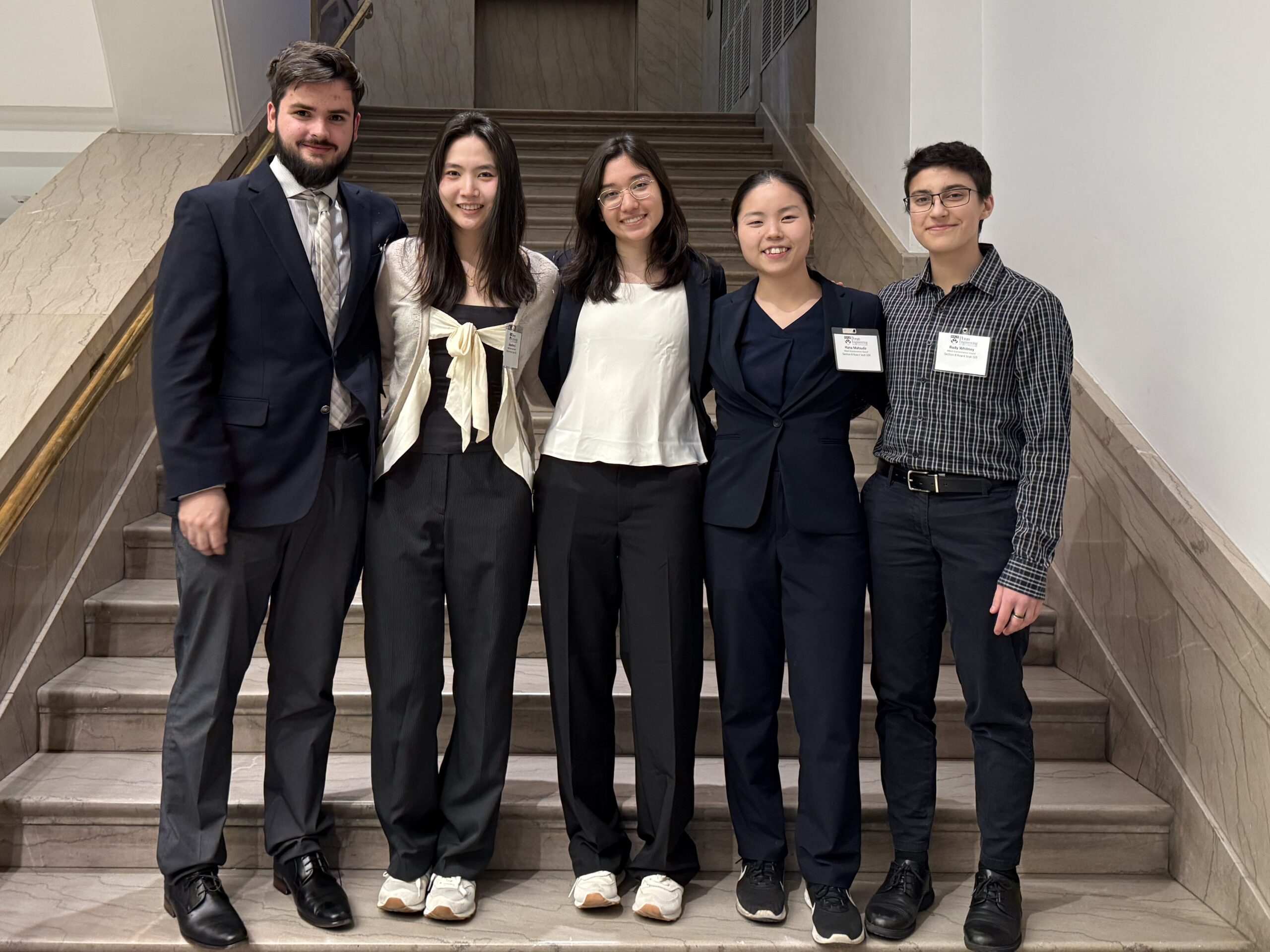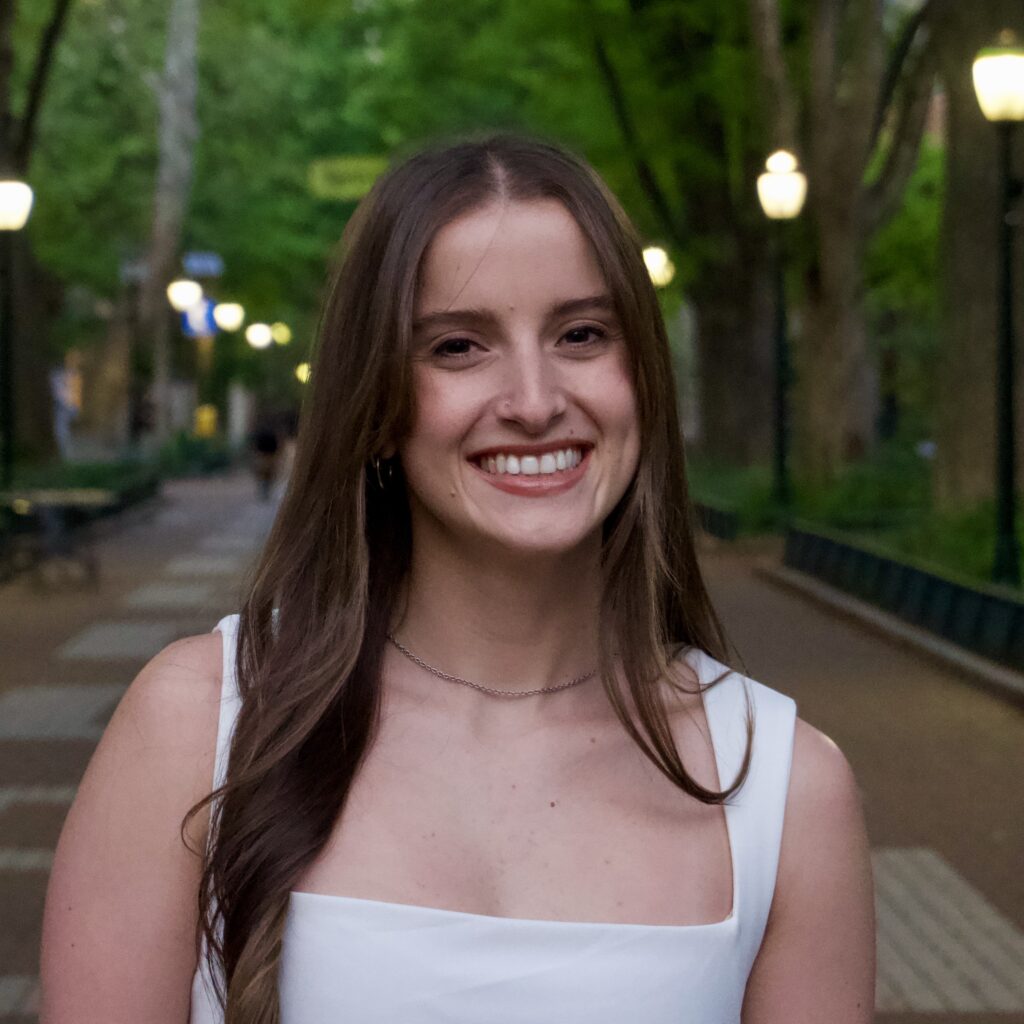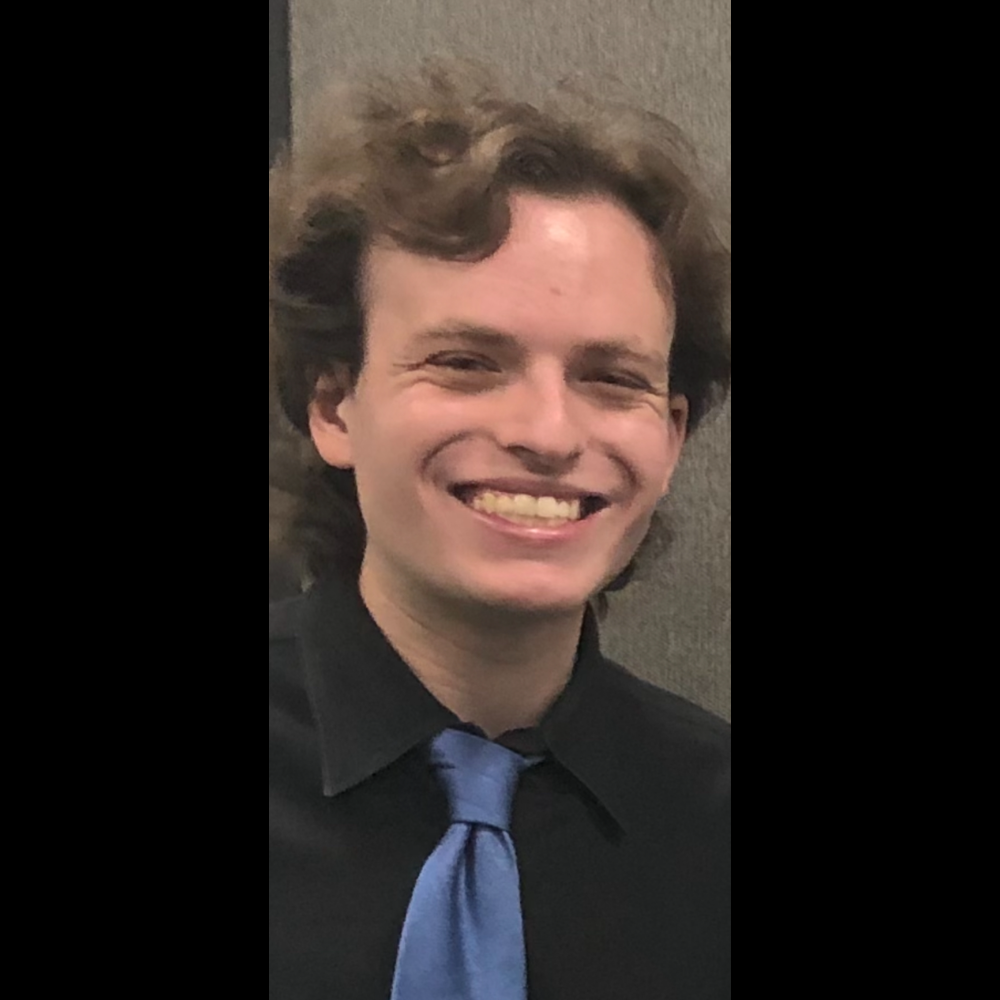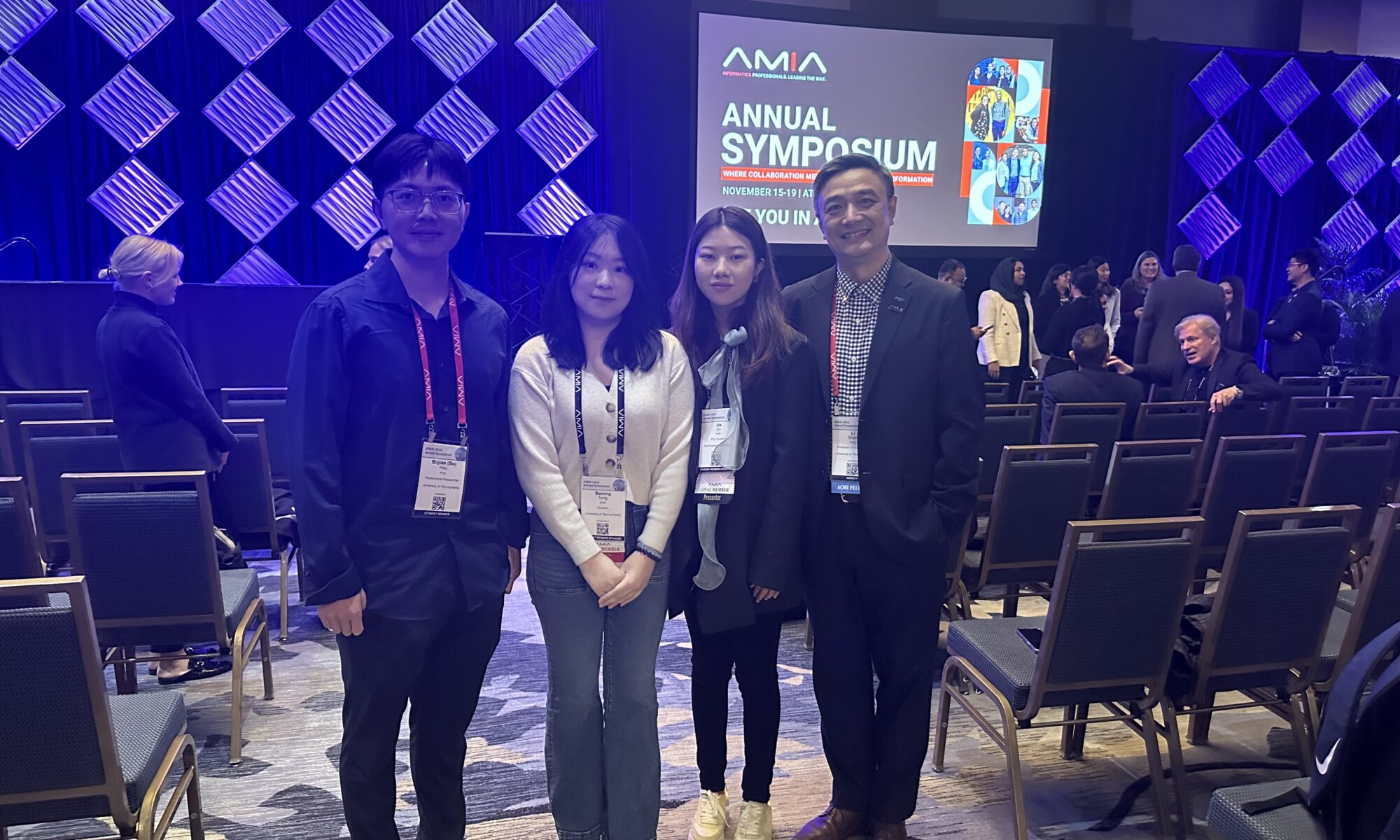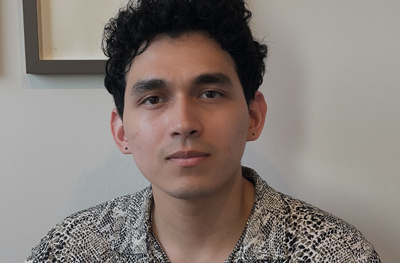When someone survives a heart attack, the battle isn’t always over. In fact, nearly one-third of survivors go on to develop heart failure—a progressive weakening of the heart muscle that affects millions and contributes to roughly 500,000 deaths in the U.S. each year.
Dr. Noor Momin, the Stephenson Foundation Term Assistant Professor of Innovation in Bioengineering at Penn, is working to change that. Her lab’s innovative approach to immune modulation after heart attacks has just been recognized with the prestigious American Heart Association (AHA) Transformational Project Award for 2025. This award supports groundbreaking ideas that hold the potential to significantlya dvance cardiovascular and cerebrovascular research. (See award criteria.)
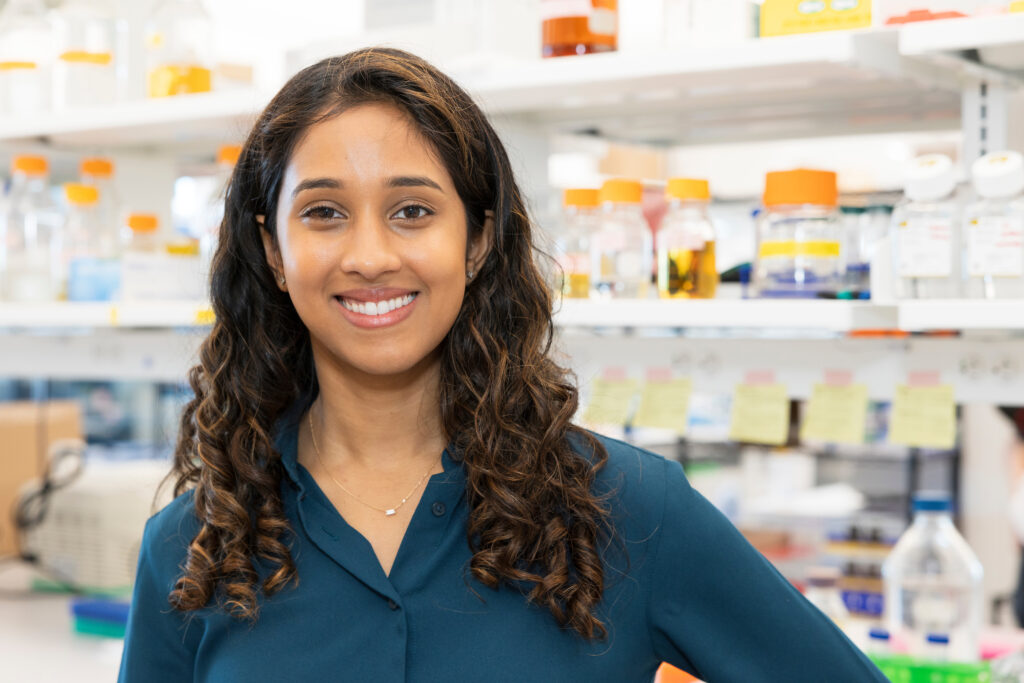
A Targeted Strategy to Prevent Heart Failure
Following a heart attack, the immune system springs into action to repair damaged tissue. But when that response lingers or becomes excessive, it can cause additional harm—like a repair crew overstaying its welcome and inadvertently worsening the damage.
Momin’s lab is developing a targeted strategy using cytokines to control this immune response. Cytokines are used by immune cells to communicate with each other and other cells. Instead of delivering just a cytokine, which can lead to harmful side effects in healthy tissues, they’ve re-engineered it to home to damaged heart tissue. Early preclinical tests have shown that this approach can prevent heart failure with minimal side effects.
The lab is now focused on conducting further dose and treatment schedule optimization, safety and mechanistic studies to move the technology towards clinical translation.
This line of research could lead to a fundamentally new way to prevent heart failure in heart attack survivors, directly supporting the American Heart Association’s mission to help people live longer, healthier lives.
From Seed to Solution: The Role of CPE4H
This transformative research began with a spark: seed funding from the Penn Center for Precision Engineering for Health (CPE4H).
“The seed grant was crucial for getting our project off the ground right after we moved to One uCity in the summer of 2024,” Momin explains. “Having those funds immediately available allowed us to start research without delay and maintain momentum in gathering preliminary data. This work directly led to securing AHA funding in under a year – which is exceptionally fast for translational research. The seed grant essentially jump started everything. We’re really grateful for that support.”
That rapid trajectory is exactly what the CPE4H aims to support.
“Noor’s success with the American Heart Association proposal is very exciting to me and the center,” says Daniel A. Hammer, Inaugural Director of CPE4H and the Alfred G. and Meta A. Ennis Professor for Bioengineering and Chemical and Biomolecular Engineering. “Noor’s work embodies the principles of the CPE4H – using engineering principles to develop therapies that have real consequences for human health, in this case cardiovascular disease. In addition, it’s particularly gratifying that we can support and initiate funding for an Assistant Professor who is at the early stages of her career.”
Engineering Innovation, Saving Lives
As Dr. Momin’s project progresses, it offers a glimpse into a future where heart attack survivors have better tools to prevent the onset of heart failure—tools born from innovative thinking and catalyzed by early support.



